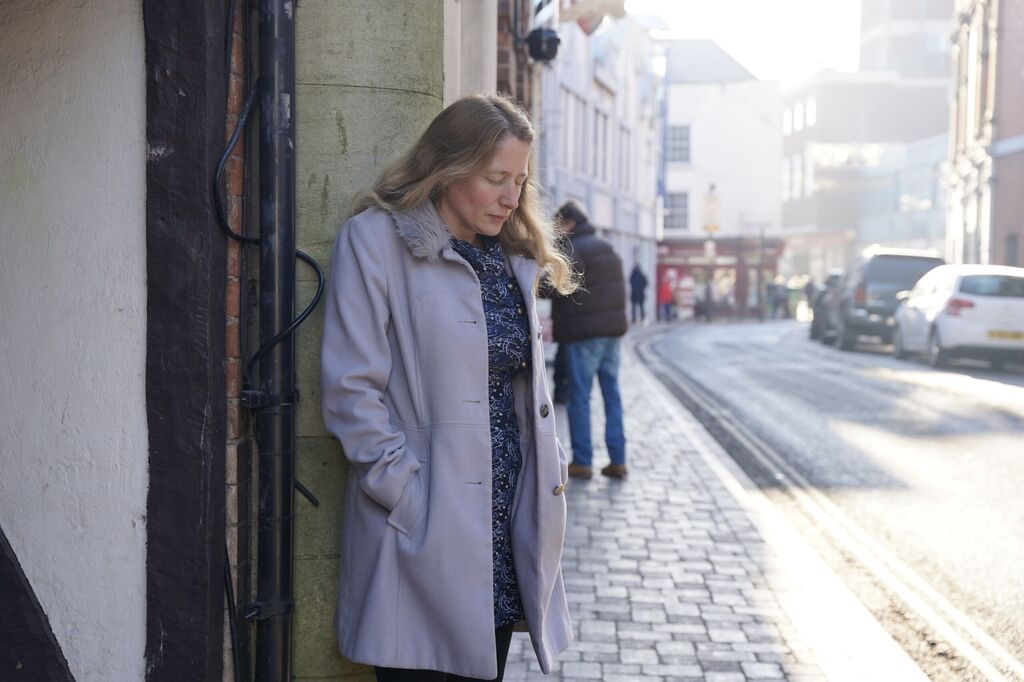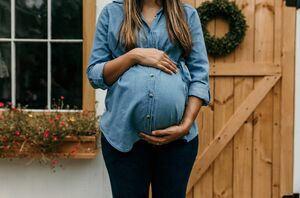Abortion
Silent prayer outside abortion clinics could be banned
The Home Office is considering banning silent prayer outside abortion clinics, as the Government prepares to implement legislation establishing buffer zones of 150 metres around these clinics.
While protests have been targeted, the inclusion of silent prayer in these restrictions has sparked significant debate, with many arguing that it poses a threat to religious freedom.
Despite MPs voting last year to introduce these zones, current draft guidance allows for silent prayer and consensual communication within the buffer areas.
Supporters of religious freedom contend that silent prayer should not be seen as a form of protest.
Campaigners and some MPs argue that banning such peaceful expressions of faith infringes on fundamental rights protected under the Human Rights Act 1998, which safeguards the freedom of thought and religion.

In March 2023, Anti-abortion campaigner, Isabel Vaughan-Spruce was arrested in Birmingham for silently praying outside a clinic. She was later released without charge, with police apologising for the arrest.
Vaughan-Spruce condemned her treatment, calling it a “thought crime.” This case has drawn international attention, with the US Commission on International Religious Freedom citing it as a violation of religious liberty.
However, pro-choice advocates argue that any presence outside clinics, including silent prayer, could influence women seeking medical care. They fear that allowing this practice could create loopholes for anti-abortion protests.
The current draft guidance states that “prayer within a safe access zone should not automatically be seen as unlawful”.
It adds: “Silent prayer, being the engagement of the mind and thought in prayer towards God, is protected as an absolute right under the Human Rights Act 1998 and should not, on its own, be considered to be an offence under any circumstances.”
The outcome of the Government’s review will be crucial in balancing the rights of individuals to express their faith with the need to safeguard access to medical services.
Share
